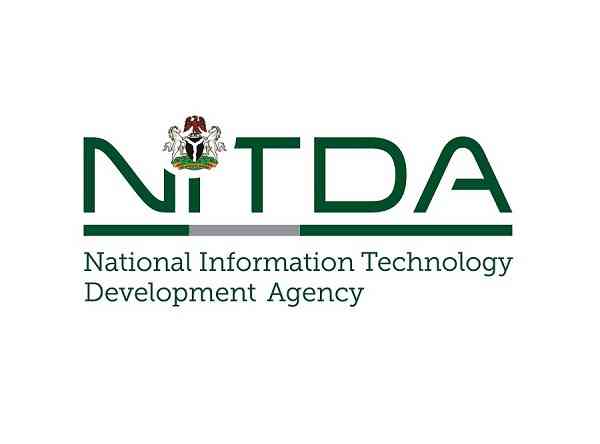
The National Information Technology Development Agency (NITDA) has lauded the National Board for Technical Education (NBTE) for its decision to unbundle the higher national diploma (HND) in computer science programme.
The programme will now feature four distinct specialisations: Artificial intelligence, network and cloud computing, software & web development and cybersecurity & data protection.
NITDA views this initiative as a groundbreaking shift that equips Nigerian graduates with essential skills to navigate the ongoing digital revolution. The move places polytechnics at the forefront of nurturing individuals capable of addressing specific challenges and capitalising on opportunities arising from emerging technologies.
The decision aligns with NITDA’s commitment to fostering growth in the IT sector and enhancing the capabilities of the nation’s workforce. It addresses identified skills gaps outlined in the IT skills gap assessment, conducted in partnership with CC Hub, which highlighted 12 high-demand IT skills both in Nigeria and globally.
Recognising the immense potential of artificial intelligence, network and cloud computing, software and web development, as well as cybersecurity and data protection, NITDA has previously established the National Centre for Artificial Intelligence and Robotics (NCAIR) and the Office for Nigerian Digital Innovation (ONDI). These initiatives serve as specialised entities to nurture talent and provide interns and NYSC members with the necessary skills for success in the digital realm.
Reacting to this development, the director-general of NITDA, Mallam Kashifu Abdullahi stresses the importance of collaboration between educational institutions, industry stakeholders and regulatory bodies for the successful implementation of these specialised fields. NITDA expresses gratitude to the National Board for Technical Education for its visionary commitment to advancing technical education in Nigeria.
NITDA encourages educational institutions to adopt a proactive approach by incorporating elements of digital literacy into their curriculum structures. The agency believes that embracing the National Digital Literacy Framework (NDLF) is a transformative step, ensuring that the Nigerian educational system remains at the forefront of technological innovation.
The statement, signed by NITDA’s head of corporate affairs and external relations at NITDA, Mrs. Hadiza Umar underscores the agency’s anticipation of continued collaboration. NITDA aims to create an environment where Nigerian IT professionals can thrive and make significant contributions to the global digital economy.


